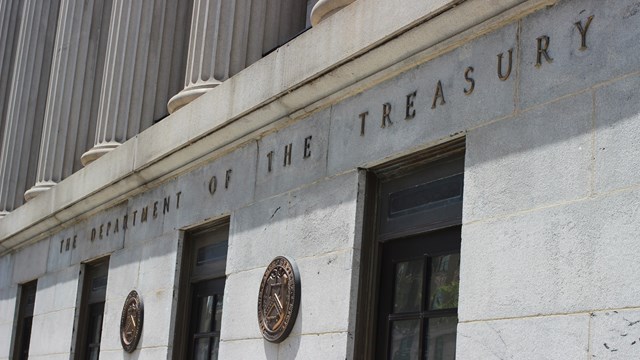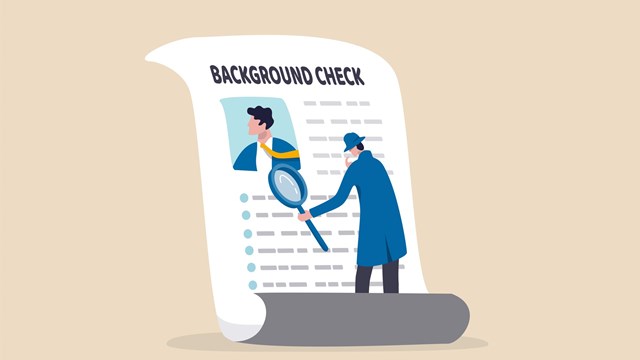
Mayor Michael R. Bloomberg presented a Fiscal Year (FY) 2011 Executive Budget and an updated four-year financial plan for New York City that calls for $62.9 billion in spending. While the mayor’s attempt to balance the city’s budget results in no new tax increases for New Yorkers, residents will most certainly feel the pinch of layoffs in various city agencies and reduced services in all areas, including, education, recreation, public safety, housing, transportation, social services, and youth programs.
Mayor Bloomberg managed to balance the FY 2011 Executive Budget in large part by rolling over $3.3 billion of surplus funds from FY 2010, generated mostly through three years of city budget cuts, according to a statement from the mayor’s office.
Mayor Bloomberg and city officials are still awaiting a final determination from Albany, where state legislators are deadlocked in budget negotiations and facing a growing shortfall that will in turn affect the city’s budget numbers. The state has a projected $9.2 billion dollar deficit.
Governor David Paterson has proposed a $134 billion state budget, and the plan includes about $1 billion in tax and fee increases, including a $1 per pack increase in the cigarette tax and a new excise tax of about one penny per ounce on sugared beverages. Cuts are also proposed in dozens of state agencies along with reductions in school aid, health care, and concessions from state unions.
Without a state budget in place, New York City is forced to make assumptions in the Executive Budget on the amount of tax dollars the state will return to the city. This amount is estimated to be $1.3 billion less than last year. However, given the city’s stronger fiscal position from some years of responsible budgeting, the impact of that disproportionately large shortfall will be limited, the mayor said.
“Our ability to put together a balanced budget is very seriously hampered by state government’s continued inaction in addressing its own budget problems,” said Mayor Bloomberg in a prepared statement. “The governor has proposed a budget that in effect balances the state’s books by starving New York City, and we are still facing that very grim outlook. We’ve kept our own fiscal house in order, preparing responsibly for the downturn with eight different belt tightenings over the last three years, while spending in Albany has continued to spiral out of control. Now we are paying the price for Albany’s irresponsibility.”
Layoffs and Reduced Service Levels
A reduction of state education funding could eliminate 6,414 positions, of which 4,419 teachers may be laid off and another 1,995 lost through attrition. No police or fire personnel are in danger of losing their jobs through layoffs. Including the education positions, total staffing at all city agencies will be cut by 10,997 employees – 6,026 through layoffs and 4,971 through attrition.
“Despite the hovering cloud of uncertainty caused by an overdue state budget, the mayor has put forth a balanced budget to close the city’s budget gap,” said City Comptroller John Liu. “Recent events reemphasized public safety as a priority, and the mayor is doing the right thing in not further reducing the police force, which is already at its lowest headcount in years. Further efforts should also be made to minimize teacher layoffs amidst rising class sizes and the dismantling of fire companies while New York City remains the number one target for terror.”
Other actions include reducing library subsidies; closing four summer pools; eliminating some additional staffing at fire engine companies; increase parking rates from $2 to $2.50 per hour in Midtown Manhattan; eliminating some staff in children’s protective services; reducing case management staff in HIV/AIDS services administration; closing a drop-in homeless center in Manhattan; eliminate nurse coverage in smaller elementary schools; reducing juvenile detention center capacity; close 50 senior centers; and eliminating adult literacy programs offered by the city’s Department of Youth & Community Development.
Mortgage Recording Tax
One way the state proposes to gain additional revenue would impact the city’s cooperative housing stock. Governor Paterson has proposed a so-called “co-op mortgage recording tax” that could bring in an additional $50 million in revenue per year for the city. According to The New York Observer, co-op loans are free of taxes while mortgages for their condo and single-family home counterparts are slapped with tax rates of between 2.05 and 2.175 percent.
Co-op purchasers are technically buying shares in a corporation that owns the building, rather than a piece of real estate. Therefore, co-op buyers don’t get mortgages— they get loans backed by building shares. “In effect, [the proposed tax] reduces the value of every co-op in New York City,” Arthur Weinstein, a co-op attorney and the vice chairman of the Council of New York Cooperatives and Condominiums, told The Observer. Roughly 43 percent of the city’s non-rental housing is co-op. If approved by the state Legislature, a spokesman for Mayor Bloomberg indicated that the city would also seek to implement the tax.
However, the latest version of the state Senate’s budget plan did not have the mortgage recording tax as a revenue-raising vehicle, which is good news for co-ops, according to Greg Carlson, the executive director of the Federation of New York Housing Cooperatives & Condominiums (FNYHC). The Federation recently met with state representatives and lobbied against the tax, said Carlson, who hopes that the proposal is off the table for good. He said the issue’s come up now and again but hadn’t surfaced for many years. “It’s an additional tax for co-ops. It would essentially reduce the sales price of what it was selling for.”
Preparing in Advance
Since early 2007, Mayor Bloomberg has ordered and implemented eight rounds of gap closing actions to prepare for the impacts of the national recession and keep the city’s fiscal house in order. These gap closing actions managed to achieve a $3.3 billion surplus, which will help balance the FY 2011 budget this year. Secondly, controllable expenses in FY 2011 have been reduced by 2.1 percent compared to FY 2010. The city also seeks to slow the growth of pension and health care costs and is proposing that Albany pass new legislation that would effectively secure mandatory health care premium contributions from all city employees. On the revenue front, FY 2011 city revenues are slightly above FY 2010 revenues, up from $42.1 billion in FY 2010 to $43.2 billion in FY 2011. But those revenues remain below pre-recession levels established in FY 2008 of $43.9 billion. City revenues are not expected to surpass FY 2008 levels until FY 2012. Economically sensitive tax revenues, which include personal income, sales, business, and real estate transfer taxes, have begun to rebound, but remain below pre-recession levels. Economically sensitive tax revenues are projected to be $22.1 billion in FY 2011, an increase of 4.9 percent from the FY 2010 levels, but are 14 percent below peak levels in FY 2008, when $25.7 billion worth of taxes were generated.
New York City is expected to post steady employment gains in the second half of calendar year 2010. From mid-2008 into the second half of 2010, the city anticipates that it will have lost a total of approximately 169,000 private sector jobs—which is far less than previous estimates for the numbers of jobs lost due to the national recession. Despite preparing for the worst, New York City will still face serious budget deficits even with these measures implemented. The out-year gaps will be approximately $3.8 billion in FY 2012, $4.6 billion in FY 2013 and $5.3 billion FY 2014, according to the mayor’s office.
Debra A. Estock is managing editor of The Cooperator.






Leave a Comment